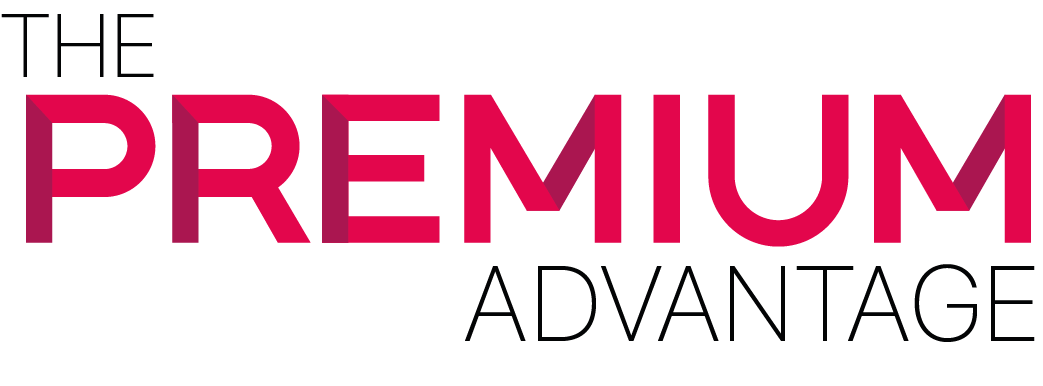Two months into the government shutdown and there is finally a light at the end of the tunnel. But there are over 800,000 federal employees who did not receive a paycheck for at least two pay periods. Some have probably gone through savings or got help from family and friends to get by. One thing no one is thinking about now is how this may affect their credit scores. It is not impossible to fix your credit score after situations like these and it is very important to keep it in tact. The reason why it is important is because a great credit score saves you money on many things such as better rates on mortgages, car loans and insurance premiums. Below are a few situations consumers face when going through a financial emergency. Knowing how each financial decision you make impacts your credit score can hep you make the best choice.
Missed a Credit Card Payment
Credit cards are unsecured loans meaning no one can come and take away items you purchased. But a missed credit card payment can affect your credit score significantly. Your late payment gets reported to the credit bureaus by lenders until you are at least 30 days past due. Since your payment history is 35% of your FICO score it can drop credit scores by as much as 100 points.
But there are steps you can take to fix any problems before your credit score is affected. Some credit card issuers are waiving late fees by federal employees impacted by government shutdown. If you are past 30 days late, you can call your credit card company and ask to speak with the hardship department. You will have the chance to explain your situation and ask if you can get help.
Using Credit Cards to Pay Bills
To stay current on payments you used credit cards and now they are maxed out. Doing this puts a ding on your credit score as you are using more than 30 percent of available credit. There is a credit utilization ratio that keeps track of the amount of credit used compared to what you have available. Your credit score drops when you have high balances because your credit utilization comprises 30% of your FICO score.
You are probably avoiding getting into more debt. But consider applying for zero percent personal loans offered by banks to individuals who have temporarily lost their salaries this may help you for a while. And once the government reopens your score will rebound as you pay down your debt. Once your credit score is in a good place again, research balance transfer credit cards offering zero percent introductory rates. This way you will be making payments on your balances but you do not have to pay interest.
Missed Mortgage Payment
Your mortgage is a secured loan and your home is collateral. Most mortgagees give you a grace period of about 15 days until they start charging you late fees. If your late payment stretches beyond 30 days your credit score could drop 100 points. You can fix this by calling your mortgagee before you hit the 15 day grace period. Explain your financial situation caused by the shutdown and see if late fee can be removed. Making a phone call is still the way to go if you have already past 30 days. If you are 120 days, your lender may have started the foreclosure process. Making a call either way can help to negotiate ways to avoid foreclosure.
Unable to Pay Medical Bills
Being sick is not a choice and racking up bills because of the government shutdown is not your fault either. It is still important to take care of medical bills, not by charging up your credit cards, but by looking for other options to pay. Make a list of your creditors and start making calls stating your status as a furloughed government employee. Once you speak with the hospitals accounting department they can offer you several options. Such as zero percent interest payment plans, a reduction in total amount owed and financial assistance through discounts or low monthly payments. Your unpaid medical bill can be reported to credit bureaus as delinquent and this affects your credit score.
What to Do When Government Reopens
Now that the government has re-opened make sure to start an emergency fund. Get caught up with important payments and then make your emergency fund a priority by adding to it every chance you get. Your emergency fund should be able to cover your bare necessities for at least six months. You can start with $50 a month and then set quarterly goals so next time a financial disaster happens you will be less stressed and the experience is less costly.
